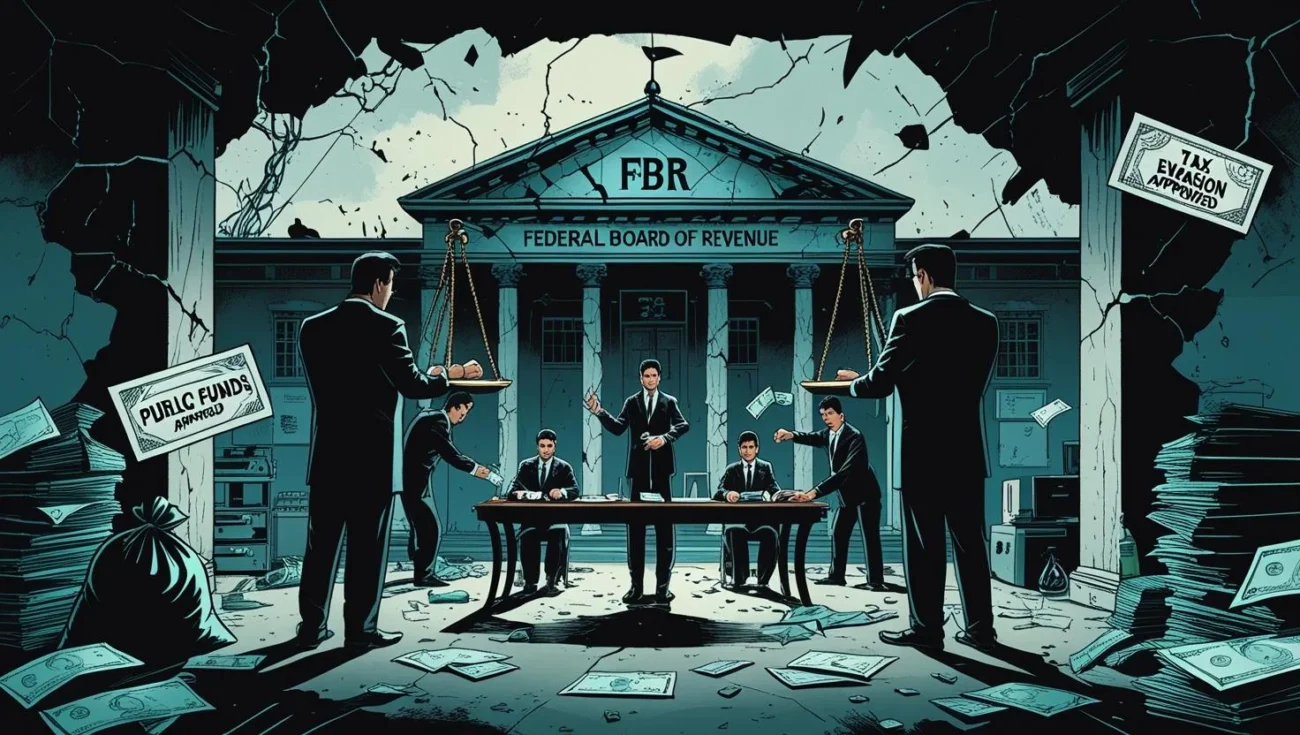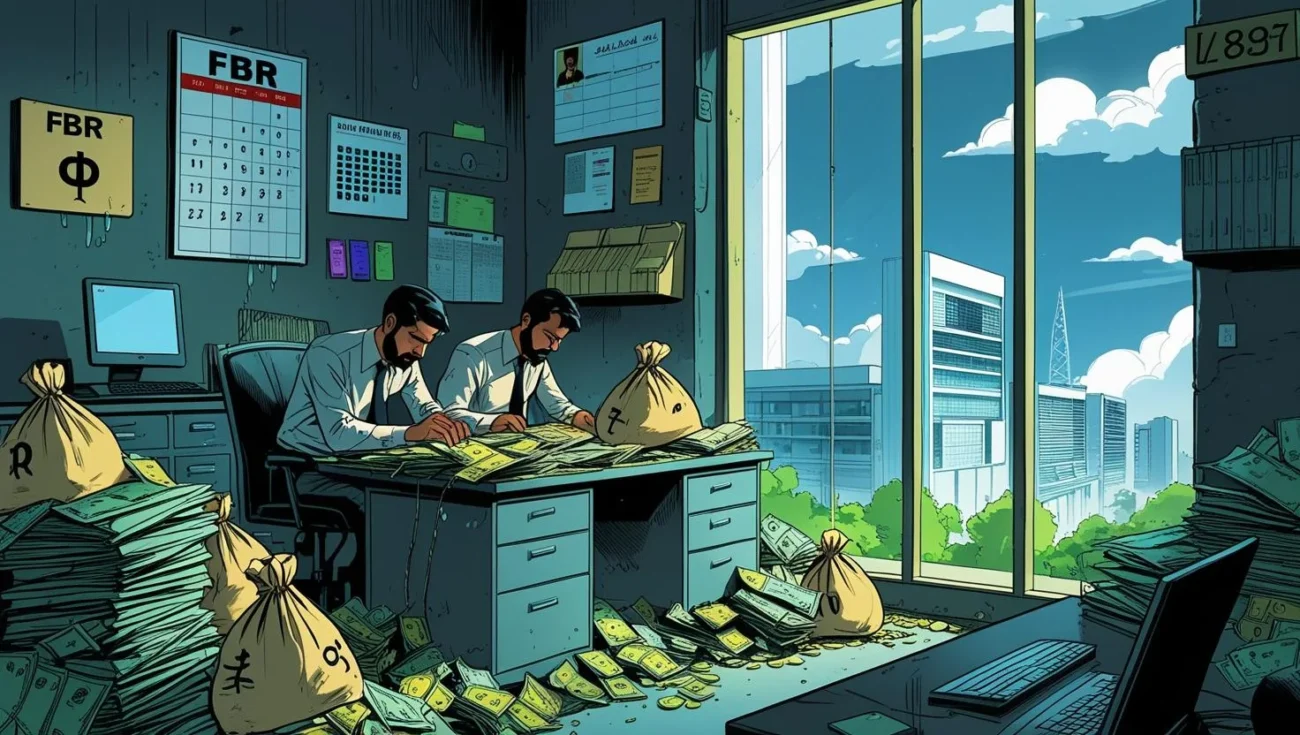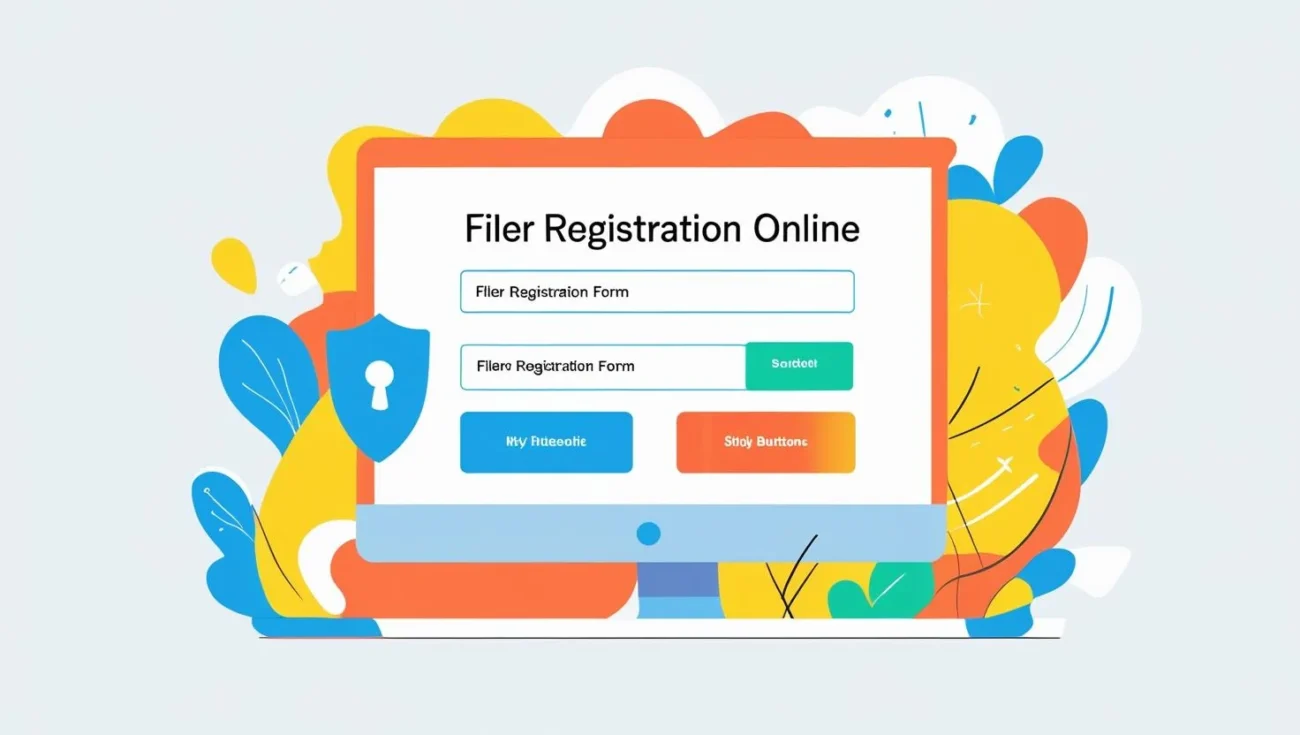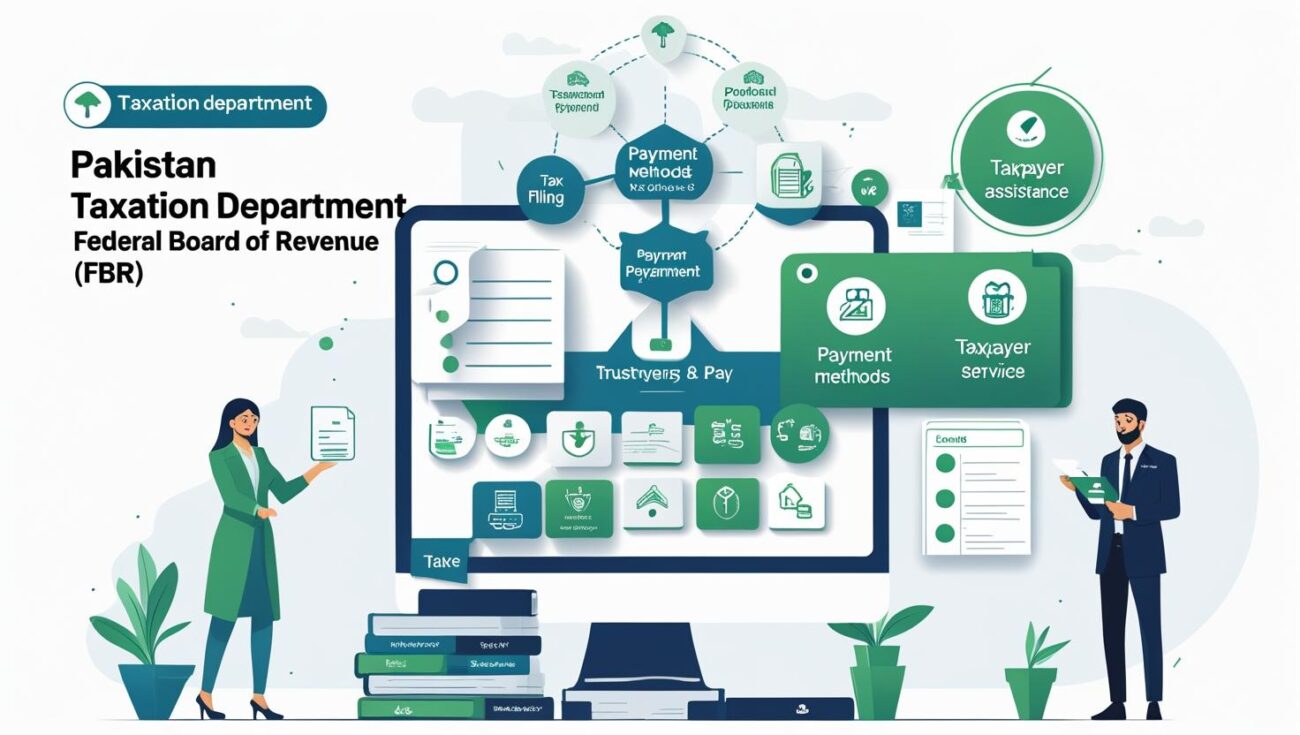Faced with such challenges, the current structure of Pakistan’s tax system is heavily criticized for not serving the economic development needs of the country or for nurturing fair and complaisant culture. Though there have been reforms in different political periods, the system grapples with inefficiency, inequity, corruption and public mistrust today. Getting a handle on the flaws in taxation system of pakistan is key to reforming the way it operates, not merely on paper, but in fact.
1. Too Few Taxpayers
A particularly grievous deficiency is the small tax base. Of the over 240 million population, just around 3 million are registered with the Federal Board of Revenue (FBR) of which less number file their tax returns every year. This small pool of taxpayers are supposed to shoulder the budget burden of the entire country, and it’s unsustainable.
Much of Pakistan’s economy is informal, and small traders and shopkeepers, as well as those who own agricultural land or work as professionals like doctors and lawyers, often make sizable amounts of money without ever registering or paying taxes. Wage earners, meanwhile, are taxed at the source, and their room for evasion is limited at best, making them the simplest — and often most exploited — group to target.
This imbalance breeds an abiding sense of unfairness — and feeds a vicious circle: The fewer who pay taxes, the more the ones who do have to carry — and the more those who don’t shun the system.
2. Weak Enforcement
A tax system is only good to the extent that it enforces the statute. Enforcement is often weak and selective in Pakistan and, occasionally, politically motivated. The FBR has no reliable mechanisms to follow undeclared wealth or income, while audits remain infrequent and substandard.
Enforcement is not data driven and is conducted based on outdated, manual, and discretionary judgment. This enables many of the biggest tax evaders to run amok for years, contributing to smaller companies and ordinary, everyday taxpayers getting unfairly caught in the cross hairs.
But without a reasonable and efficient enforcement system, the system is sending a dangerous message: that not paying taxes has no true consequences, particularly for the powerful and affluent.
3. Corruption Undermines Credibility
Corruption in one of the flaws in taxation system of pakistan and a cause of weak institution. From the process of getting registered as taxpayers to assessments and appeals, taxpayers frequently say they face demands for bribes for lesser obligations or prompt resolutions.
In most cases bribery in relation to tax liabilities is when officials and taxpayers agree to underreport income or use fraudulent numbers — to the benefit of both parties and detriment of the state. Honest taxpayers, meanwhile, are the ones losing out, as the system becomes increasingly stacked in favor of those who are able to “work the system.”
Corruption not only syphons off the public exchequer but also maligns the image of the FBR and constrains voluntary tax compliance. When people see others cheating without consequence, these observers become less likely to play by the rules.

4. Indirect Taxes Hurt the Poor
Pakistan Taxes system is heavily based on indirect taxes — GST, customs and fuel. The taxes are easy to charge, but they lay a heavy hand on the poor and the middle class, for whom they result in the same rate as for the rich on such basic necessities as food.
Indirect taxes are typically regressive, since they don’t consider one’s ability to pay. For instance, a billionaire pays no more in sales tax on his lunch than a destitute person; the sales tax on food, fuel or electricity is the same for both. This results in unevenness and undermines the buying power of the poorest sections.
A progressive tax system would be based on income, along with property and wealth to cover the flaws in taxation system of pakistan, under which the more you make the more you pay. Alas Pakistan has gone the other way, inserting itself further into the divide line of social and economic status.
5. Tax Filing Is a Nightmare
Filing taxes is a daunting and exasperating task for many ordinary Pakistanis. The tax forms are confusing, the systems are frequently unsteady, and help from tax offices is minimal or spotty. Language barriers and legal language are yet another hurdle, in particular for smaller companies and those with lower incomes.
Although there have been attempts to digitalize system with online return portals, such as mobile apps, they are often not user friendly. Technical issues, limited real-time support and sudden changes in rules make compliance that much harder.
The result? Others would prefer to evade filing entirely — and not, mind you, because they want to scam the system, but because they’re afraid of being trapped by it.
6. Tech Use Is Outdated
Any modern tax system should run on data — but Pakistan’s doesn’t. The FBR continues to rely on siloed databases and antiquated manual processes that make it hard to cross-verify data across departments or catch tax evaders who leave digital footmarks behind.
Banking information, property files, car registration, utilities usage and even overseas travel patterns are uncollected, or poorly connected. This enables the rich to understate or hide income without being caught.
In countries where tax collection is working, smart algorithms and interagency data sharing allow governments to detect discrepancies and send automated notices. Unlike modern, streamlined systems, flaws in taxation system of pakistan occurs due to tax framework remains largely reactive and reliant on physical paperwork — a setup that feels stuck in the 1980s rather than keeping pace with today’s digital advancements.
7. Political Interference Blocks Progress
The politicization of tax policy and administration is another flaws in taxation system of pakistan. The leadership of the FBR is constantly changed on political basis and decisions of tax implementation are commonly influenced by vested interests.
This institutional dependency is reflected in the fact that tax policies are designed to safeguard specific political power centers, and not for the national good. Exceptions and exemptions are handed out to friends or favored industries, even if they harm long-range revenue.
Without depoliticization, no reform — no matter how well conceived — can succeed over the long run. The tax system must be ruled by principles, not power plays.

8. No Trust, No Tax Culture
Perhaps the most invisible — and most pernicious — defect in the system is the lack of a true tax culture. In most advanced countries, people pay taxes as a civic obligation and in exchange receive high-quality public services.
But in Pakistan, taxes tend to be viewed in terms of punishment instead of obligation. This thinking has been the result of decades of bad service, open corruption and impunity.
When people do not trust the government to spend their money wisely, they resist giving it even more. Re-establishing this trust is critical to establishing a culture where paying taxes becomes normal — and expected.
9. Ever-Changing Rules Create Confusion
Rapid and unpredictable shifts in tax laws, rates and filing requirements have left many individuals and businesses struggling to keep up which cause one of the flaws in taxation system of pakistan. Some are sudden amendments, and others are new levies or deadlines shuffled around, all of which make compliance more difficult and costly.
And for businesses especially, this kind of uncertainty can make long-term planning challenging. They’re burdened with the time and money it takes to find legal and financial expertise if only to stay compliant — costs that they eventually pass on to consumers or employees.
The key is consistency and clarity in creating confidence in the system. Today, Pakistan’s tax policy feels unstable and unpredictable, driving people further toward avoiding compliance.
10. Lack of Public Awareness
Most of the citi zenry are ignorant about their tax liabil i ty, exemp tions, enti tle ments, even how to become a cit i zen tax payer which cause biggest flaws in taxation system of pakistan. This isn’t out of neglect — it’s out of a lack of meaningful education and outreach by the FBR.
Without widespread taxpayer education campaigns, myths and misinformation spread like wildfire. A lot of people miss out on the system due to their lack of understanding or their fear of making an expensive error.
If the aim is long-term compliance, this manual should become one of the twin foci of the nation’s attention: the other would be educating the populace (students and young professionals in particular, but all citizens in general) on taxation.
Conclusion
Pakistan’s taxation system is not only financially corrupt; it is institutionally corrupt in terms of governance, culture and accountability. To cover flaws in taxation system of pakistan will take more than adjusting tax rates or even launching seasonal campaigns. It requires courage, openness and a consistent approach to rebuild confidence between the people and the state.”
But tax reform should be of a kind that broadens the base, enhances institutions, combats corruption and streamlines processes. Just as important is cultivating a culture of compliance through education, openness and public engagement.
Until then, Pakistan will continue to miss the mark — not only on collecting revenue, but on keeping the broader promise of an economy that develops in an equitable fashion.


